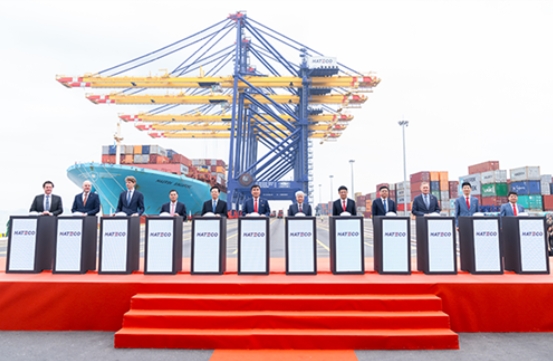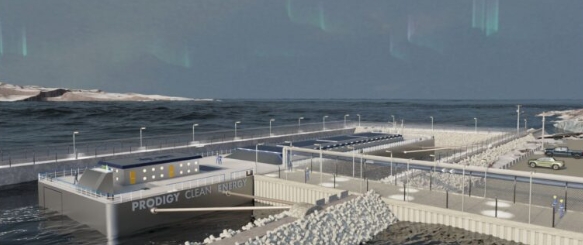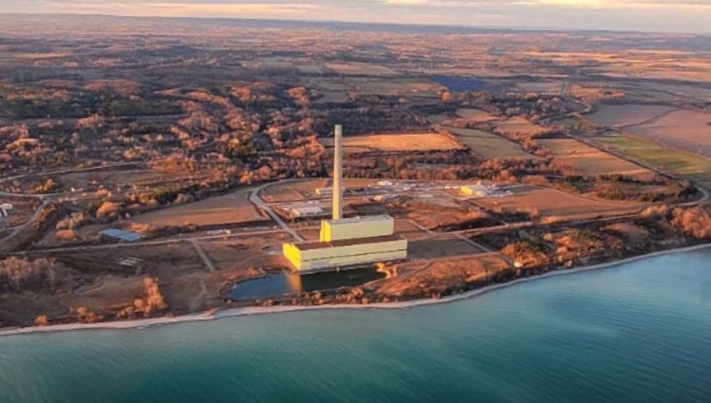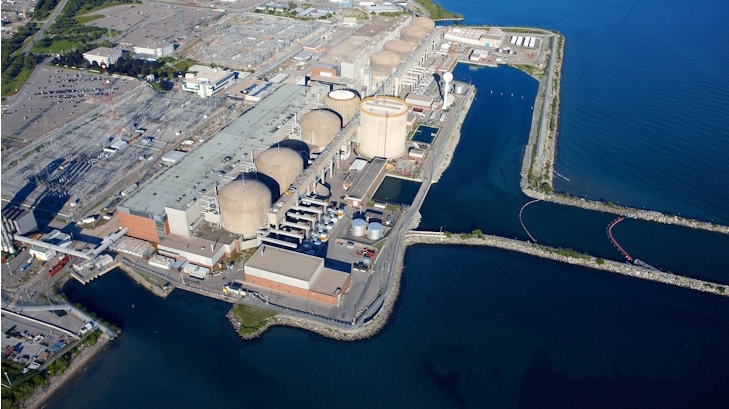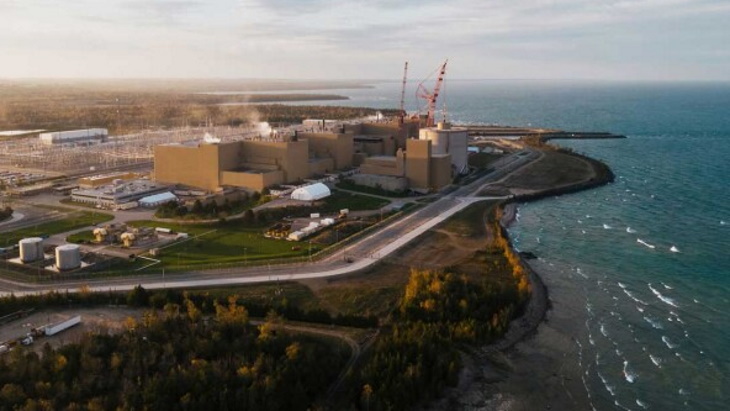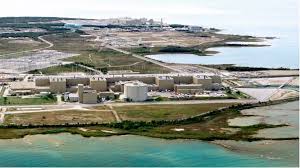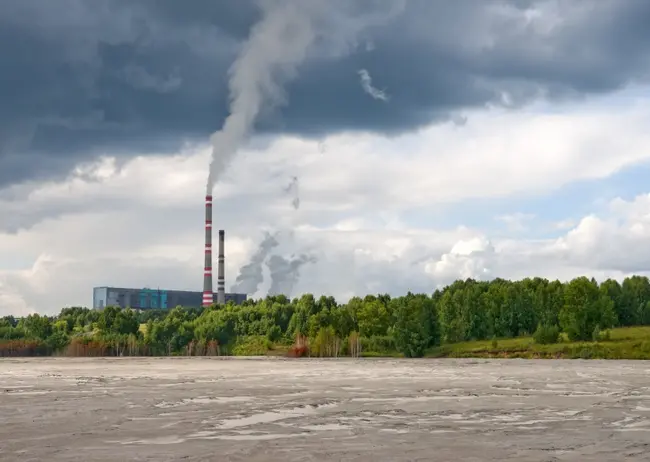 If Turkmenistan does not act before the EU lines up alternate sources of gas, the Trans-Caspian Pipeline project will become unviable, Allan Mustard, co-founder and co-head of the Trans-Caspian Resources energy startup, Former US Ambassador to Turkmenistan, told Trend.
If Turkmenistan does not act before the EU lines up alternate sources of gas, the Trans-Caspian Pipeline project will become unviable, Allan Mustard, co-founder and co-head of the Trans-Caspian Resources energy startup, Former US Ambassador to Turkmenistan, told Trend.“The window of opportunity is closing fast. The policy shift from hydrocarbons to renewables exerts a profound impact on IFI support. I suspect that any financing for the connector will at this point have to come from the private sector or the governments involved,” he said.
Moreover, according to the ambassador, Turkmenistan has announced willingness to finance TAPI, the Turkmenistan-Afghanistan-Pakistan-India pipeline, which will cost between $8-10 billion.
“Turkmenistan is also building a greenfield smart city at an estimated total cost of $4.8 billion. Turkmenistan recently spent a billion and a half dollars on a new state tribune, a luxury hotel, a convention center, and two bank headquarters buildings. A half-billion-dollar connector is certainly within Turkmenistan's financial grasp, and given the revenue it would generate, would be a wise investment,” he concluded.
Meanwhile, President of Azerbaijan Ilham Aliyev said during the opening ceremony of the Shusha Global Media Forum on “New Media in the Era of the 4th Industrial Revolution” on July 21 that the Trans-Caspian Pipeline is not the project, which Azerbaijan will initiate.
"Because usually the projects, which are initiated by the countries, other projects based on these country's resources as we did for instance with the Southern Gas Corridor," said President Ilham Aliyev.
Furthermore, as Minister of Foreign Affairs of Turkmenistan Rashid Meredov stated, Turkmenistan is ready to continue cooperation with European partners on the Trans-Caspian gas pipeline project.
"Turkmenistan, being committed to the strategy of diversifying energy flows, expresses its readiness to continue cooperation with European partners on the implementation of the Trans-Caspian gas pipeline project. The idea of its construction, initiated by Turkmenistan, was initially considered by Turkmenistan not only as an economically and commercially viable project, but also as a key condition for ensuring global energy security and sustainability based on equal consideration of the interests and benefits of energy producers, transit countries and energy consumers," he said.
